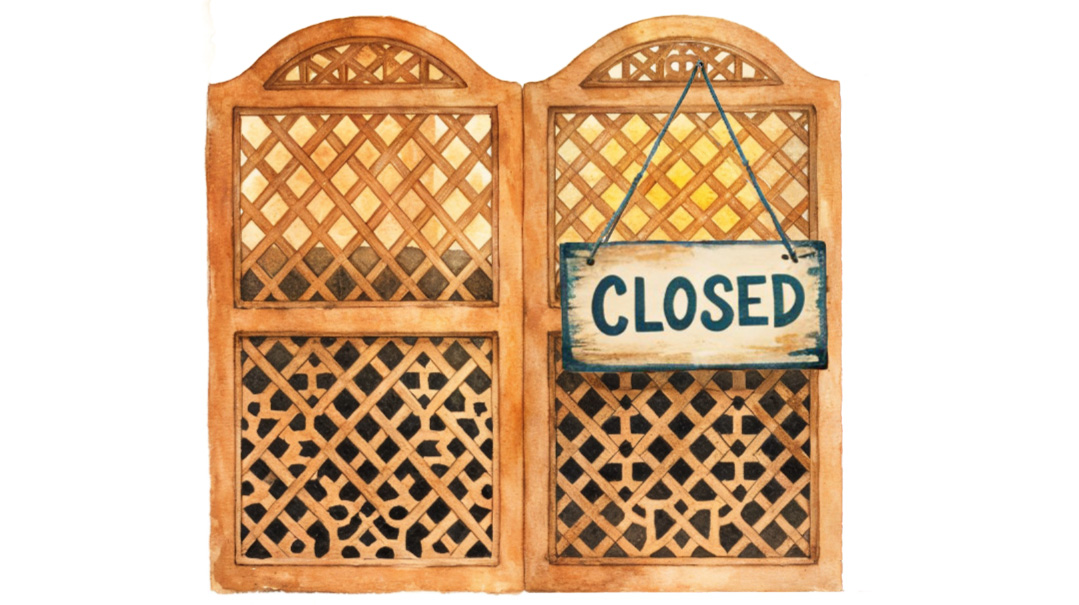And We Cried
| March 28, 2018Yes, we needed yeshuos, but were we supposed to actually scream about it, cry about it, publicly?

S
ome fathers are old — graying beards, stern expressions, careworn creases.
My father wasn’t like that. A mere 20 years older than I, my father sort of grew up with us. He invented games, knew the latest songs, and took us on trips every Friday after school.
But the years have a way of catching up with people, even the most lithe of them. And that’s a good thing. My father, my ever-young, put-the-music-on-the-loudest-in-the-car father, started questioning This World and his place in it, his spiritual side — and it ran deep — emerging full throttle.
He had questions, many questions, elementary and profound and obscure. And he pursued them until he found answers. Along the way things changed. He changed his mehalech, started being really medakdek in halachah. Not in a blink — you couldn’t point to when it happened — but in a long summer’s haze, a golden afternoon merged into the dusk, and we were left squinting: When did this happen to Tatty?
But for the most part, he was still one of us. At 45, he was fun and easygoing as ever.
Last Pesach we sat down to the Seder and everyone raised their cups and started saying Kiddush together. Somehow this always makes us laugh, purple splatters before we’ve begun the night. As usual, there were no admonishments, no “Why are you disturbing the ernskeit of the night?” My father is a relaxed sort of guy.
We went through the Haggadah, a vort here and there, a family at their best, looking even better than usual, for my brother had just gotten married, and he was there with a shtreimel and a wife.
And then we got to Vanitzak. My father grew pensive. He told the story of an alter bochur, Yankush, a bit on the slow side, whose younger siblings had bypassed him on their way to the chuppah. Now they’d all flown the coop and only Yankush was left, Yankush who wanted to be like them so badly, to have his own home too. But it was hard; he needed a girl who would understand and support him, yet wouldn’t come with too many problems of her own.
But Hashem can do anything. That Pesach, Yankush cried out Vanitzak with the intensity and longing of his brethren in Egypt long before. The second time, his family, who dearly wanted to see his happiness, screamed too. Yankush became a chassan that year.
My father looked round the table and then back into his Haggadah. He didn’t say a word, he didn’t have to. It was there, breathing, pressing on our table. We brought our Yom Tov best, but we also brought our struggles. We were a small crowd, but some of us needed big yeshuos, and I read the three most desperate ones in the lines that had formed above my father’s brow. They furrowed as my father, my young, easygoing father, began to cry. Tears trembled in his eyes and fell onto his beard, and from the depth of his being he called out “Vanitzak!” loud, long, sobbing like a baby.
We were discomfited. Is this our father? I dared not look over at my new sister-in-law. What was she thinking? Yes, we needed yeshuos, but were we supposed to actually scream about it, cry about it, publicly?
(Excerpted from Family First, Issue 586)
Oops! We could not locate your form.







